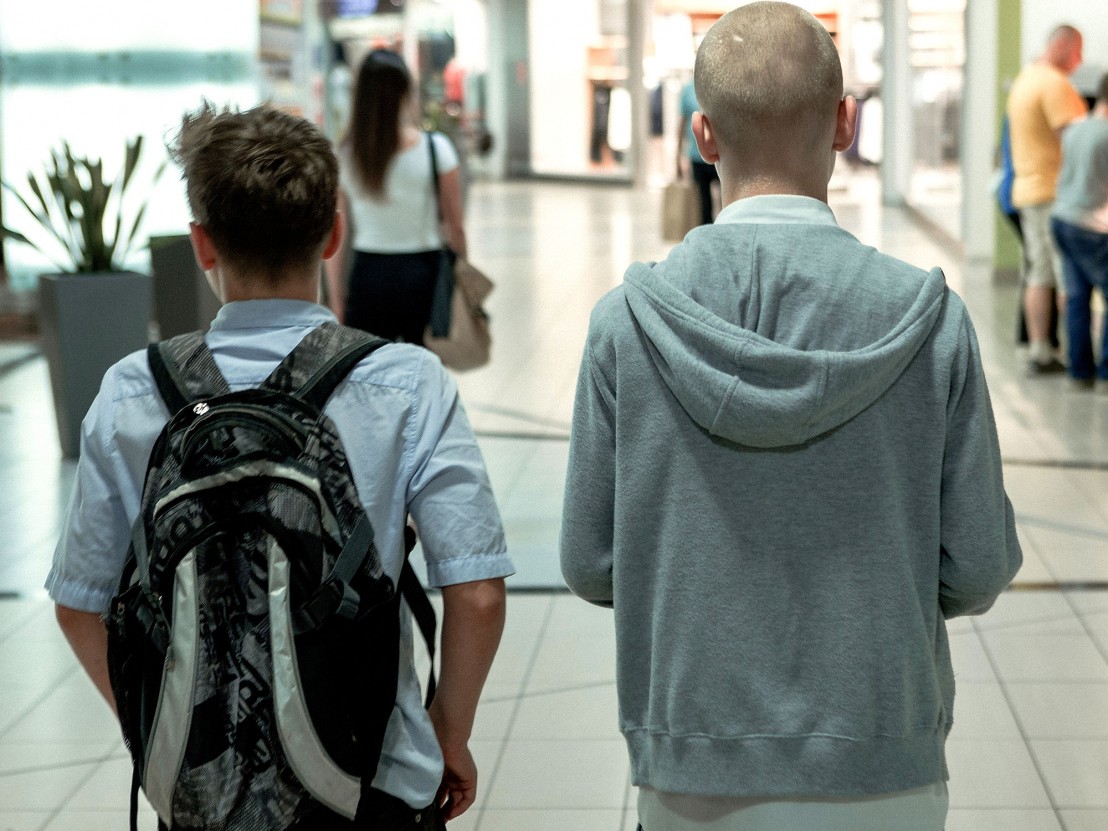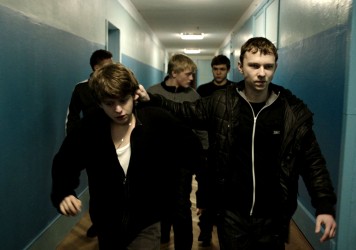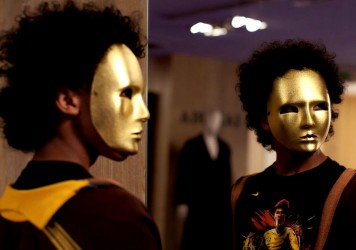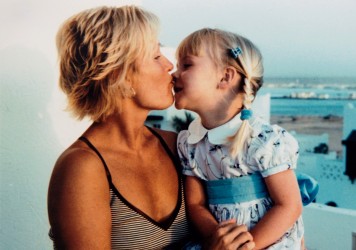
Polish director Bartosz M Kowalski’s Playground graphically depicts the murder of a toddler.
Playground shows, and never tells. Polish director Bartosz M Kowalski’s film is difficult to discuss as a whole without beginning at its end: the inexplicable, unspeakably graphic murder of a young child, caught by a passive camera you’ll wish wasn’t so callously unflinching. It’s a scene so appalling and so gruesome that it prompted unprecedented walkouts at the film’s recent San Sebastian Film Festival screening. Those unwitting onlookers who remained were forced to radically revise everything that has come before. How exactly did we arrive here – at a culmination of events that offers no conclusion? And does the film have anything to offer besides shock value?
Ending as a nightmarish account of juvenile delinquency and psychopathology, Playground introduces its characters – 12 year-old classmates in a small Polish town – over the course of three dedicated vignettes. Gabrysia (Michalina Świstuń) applies lipstick, fastens a bow to her dress, before being driven to her graduation ceremony. Her school day has only just begun when the story resets itself, returning to an earlier time to follow another perspective. Gabrysia’s story is interrupted by Szymek (Nicolas Przygoda), whose early morning routine involves caring for his disabled father. Finally, we meet the even more disadvantaged Czarek (Przemek Baliński), who is made to shave his head before sitting for a class photo.
All three characters and their respective backstories seem poised to converge on the levelling playground. There the film steadily switches from an innocuous scenario – teens smoking cigarettes, ignoring phone calls from their parents – to a severe one, where Szymek and Czarek’s teasing of animals or bullying of Gabrysia is no longer the kind of behaviour we might have initially dismissed as benign. At some surreal threshold between the close of the school year and start of the summer break, Szymek and Czarek are then seen loitering around a shopping centre, where they abduct a young infant (UK viewers will recognise distressing parallels with the murder of James Bulger).
The film’s lightning-rod, feel-bad final scene plays out in an extended, static long shot. It’s a stylistic choice that demonstrates in miniature Kowalski’s overarching focus: reconstructing a crime and none of its aftermath. Playground asks a lot of the audience, not only our willingness to endure a horrific murder but to look elsewhere for meaning – to actively revise, plot, and piece together what we have witnessed. It’s a difficult challenge but one fully worth accepting from a filmmaker who asks us to consider what happens when a camera stops rolling.
Published 30 Sep 2016

By Anton Bitel
Miroslav Slaboshpitsky’s punishingly bleak tribute to silent cinema and modern disability is a great debut.

Bertrand Bonello stuns with this coolly exacting, lightly experimental take on the impulse modern terrorism.

Love You To Death immerses the viewer in the powerful and revealing stories of bereaved families and friends.